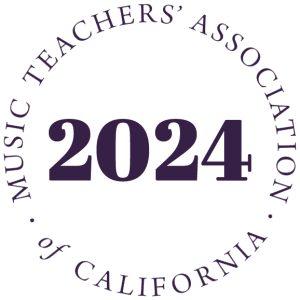How young should a child start piano lessons?
An average age to begin piano studies can be considered to be 7. However it really depends upon the child: their level of interest, natural curiosity and the focus that is generated as a result.
That said, the age to start is individual and will be determined in an evaluation. Earlier or later, will not impact how well a child will learn to play given love for playing the piano and good guidance.
Is it too late to start as a teenager?
When a teen wants to learn piano, it is for the most part self-motivated. They have a strong desire to play. They can learn to read music quickly because of their abilities to apply logic and rational thinking. Their brains still have a lot of neuroplasticity which helps them quickly develop coordination. As long as they are made aware of essential elements of technique and how to hear themselves, they will be able to play in a relatively quick time music they find enjoyable and fulfilling.
When starting as an adult, is it still possible to learn to play well?
When an adult learns to play, learning to read music can come very quickly and it is important to keep reinforcing the recognition of the notes. Adults actually bring previous learning skills and experiences to the study of piano that allow them to work effectively at the instrument. It can take a bit longer for an adult to develop the physical coordination skills. However, as long as they are shown proper ways to approach technical problems and how to practice them, their speed at developing coordination, which may, at the beginning seem slow going, will at one point rapidly increase. Once coordination is functioning, adults will be able to perform their repertoire with expression and artistry.
Do I need a piano?
You do need an instrument to practice on and ultimately an instrument that you enjoy and whose sound feeds the soul. One must make the distinction between an instrument and a toy.
Although I am not opposed to a digital piano in the beginning, down the road only an actual piano will allow for the development of good technique. Why? Technique is intimately connected to sound production. When a digital piano is considered, one of the pre-requisites is that the keys be weighted. This is important. However, that plays only a small part of the development of touch and technique. A digital piano is not an actual a piano… it is not a musical instrument. It is a facsimile of the real thing and as such, we don’t learn how to work with the acoustics of the strings vibrating against the air and within the space of the room or hall. If we don’t work with how to control and create sound, we will not effectively learn to calibrate our nerve responses and this will impact the quality of our technique.

Let's get in touch!
© Learn Piano Artistry. All Rights Reserved

